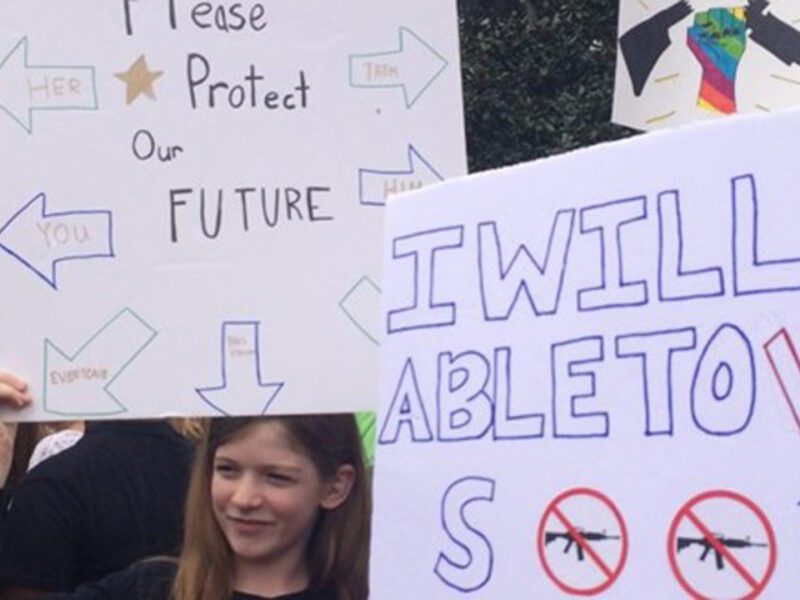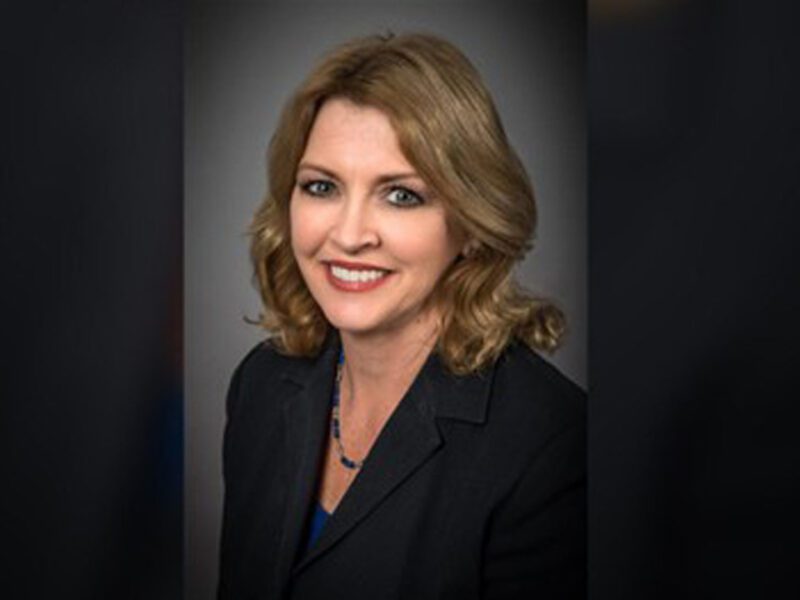
Two years after Florida schools closed due to COVID, one counselor says students are still feeling the impact
WLRN | By Kate Payne | March 16, 2022
When Florida schools sent students home in March of 2020, administrators didn’t know how long the closures would end up lasting or how intensely the shutdown would affect kids.
Initially the hiatus was supposed to last two weeks — an extended spring break. But students didn’t go back to their classrooms for the entire rest of that school year.
The disruption and isolation of the coronavirus pandemic have been unlike anything most students had ever experienced. One school counselor says the impact on students’ mental health remains significant.
Rachel Kusher is a school counseling specialist in Broward County Public Schools. She spoke to WLRN in her role as a board member of the Florida School Counselor Association.
“Whether they were high school or middle school, elementary [students], they were feeling a huge disconnect and closeness to not just peers, but anyone outside of their immediate family for such a long time,” Kusher said. “They were feeling this sense of, I no longer have my friend sitting next to me. I can only see them through a computer screen.”
Kids were already facing a mental health crisis before COVID-19, according to the U.S. Surgeon General. The pandemic has only made it worse.
Long before the virus hit, all too many students were living in poverty, experiencing homelessness or suffering from abuse. Over the past two years, the pandemic pushed many families even closer to their breaking point. Kids have watched their parents lose their jobs, been evicted from their homes, and suffered the loss of beloved family members and friends.
According to a health advisory from the U.S. Surgeon General on protecting youth mental health, societal and family factors put some kids at greater risk of mental health challenges. That includes LGBTQ young people, who may have been confined to homes where they weren’t accepted, and Black children, who have been more likely to lose a parent or caregiver to COVID.
Like counselors across the country, Kusher says she’s seeing higher rates of students with anxiety and depression since the pandemic hit.
“There’s definitely higher rates,” Kusher said. “And again, I think that goes back to the fact that so many kids were not in school for so long.”
Simply reopening schools hasn’t fixed all the harm that students have experienced. Many continue to struggle with being back in the classroom.
COVID hasn’t just disrupted learning — Kusher says it’s disrupted emotional and behavioral development too.
“The current 10th graders are really still in that 8th grade mindset — before this year, the last time they stepped foot in a school was March of 8th grade. And now they’re in high school, in 10th grade, only a couple years away from graduating,” Kusher said. “And I think the same rings true for middle school students.”
Kusher says part of the role of school counselors is to help teachers, administrators and parents see the full picture of what students are going through and to connect them to services like mental health providers or social workers.
But she says there aren’t nearly enough counselors to go around, as schools across the country struggle to meet the growing needs of students.
“No, I don’t think there are enough. Just like there’s a teacher shortage, I think there’s a shortage of school counselors. There’s a shortage of mental health practitioners in schools,” Kusher said. “I don’t think it’s for lack of trying to hire and recruit and get people in there. I just think there’s not enough people out there to really service the students at this time.”





